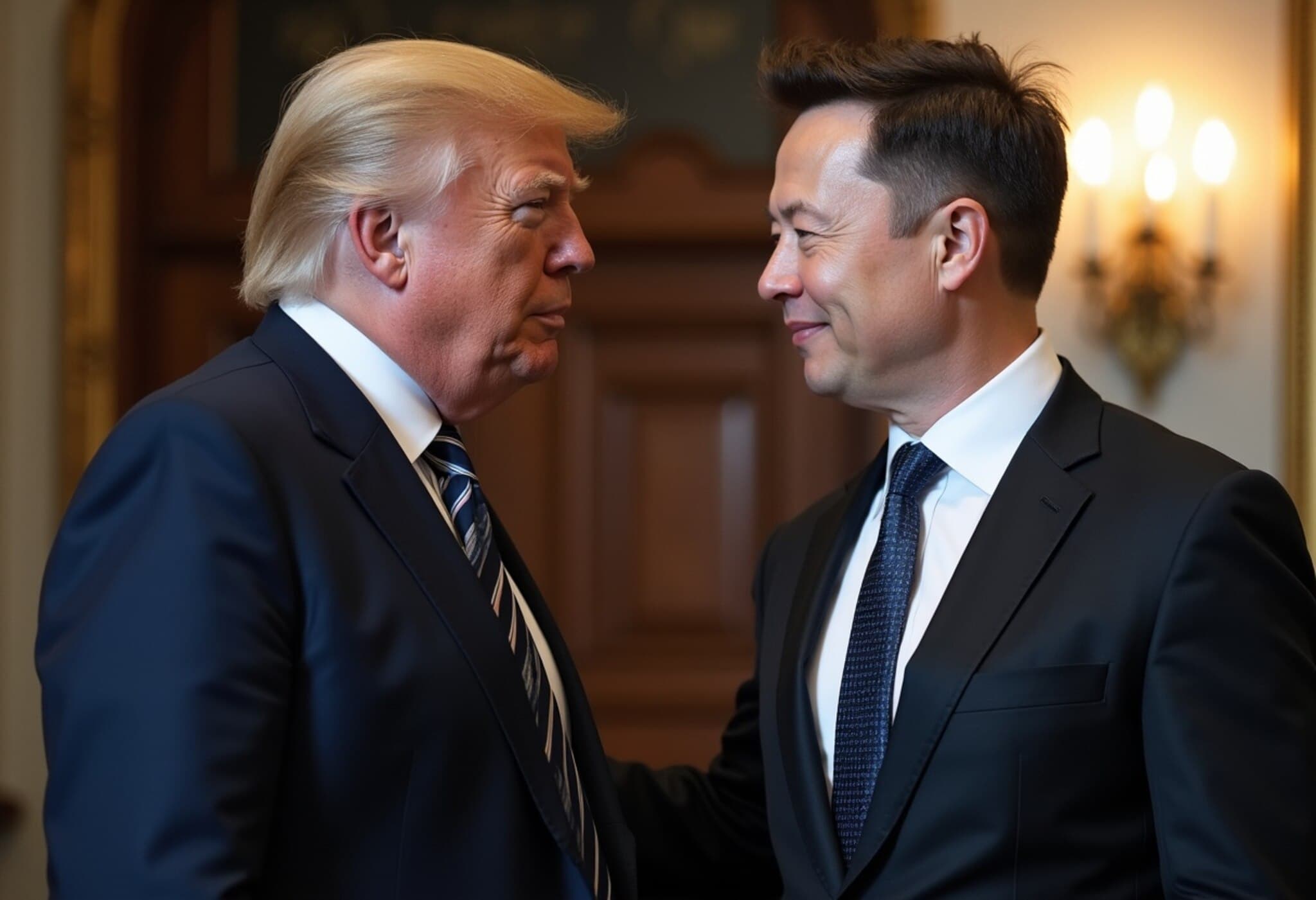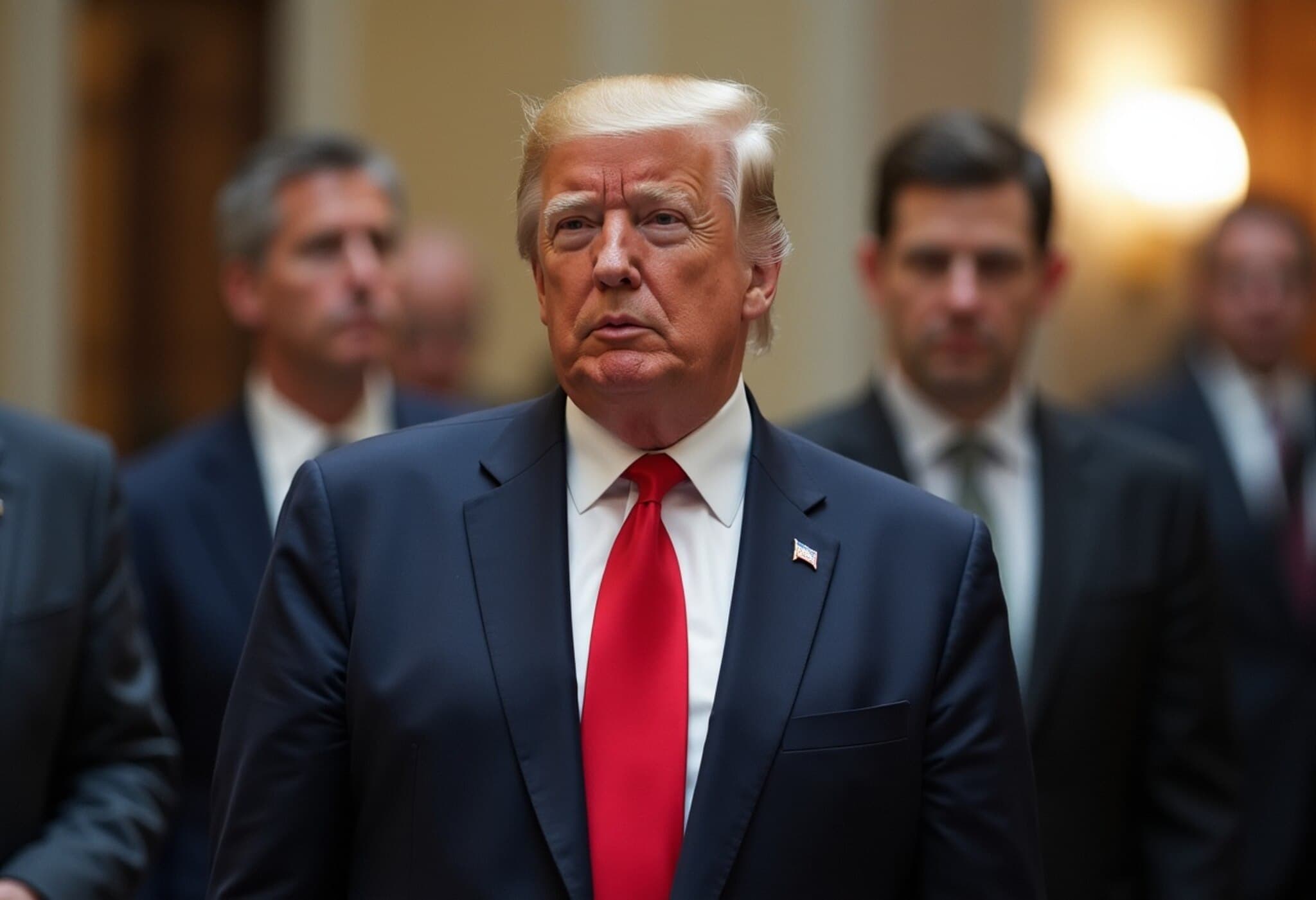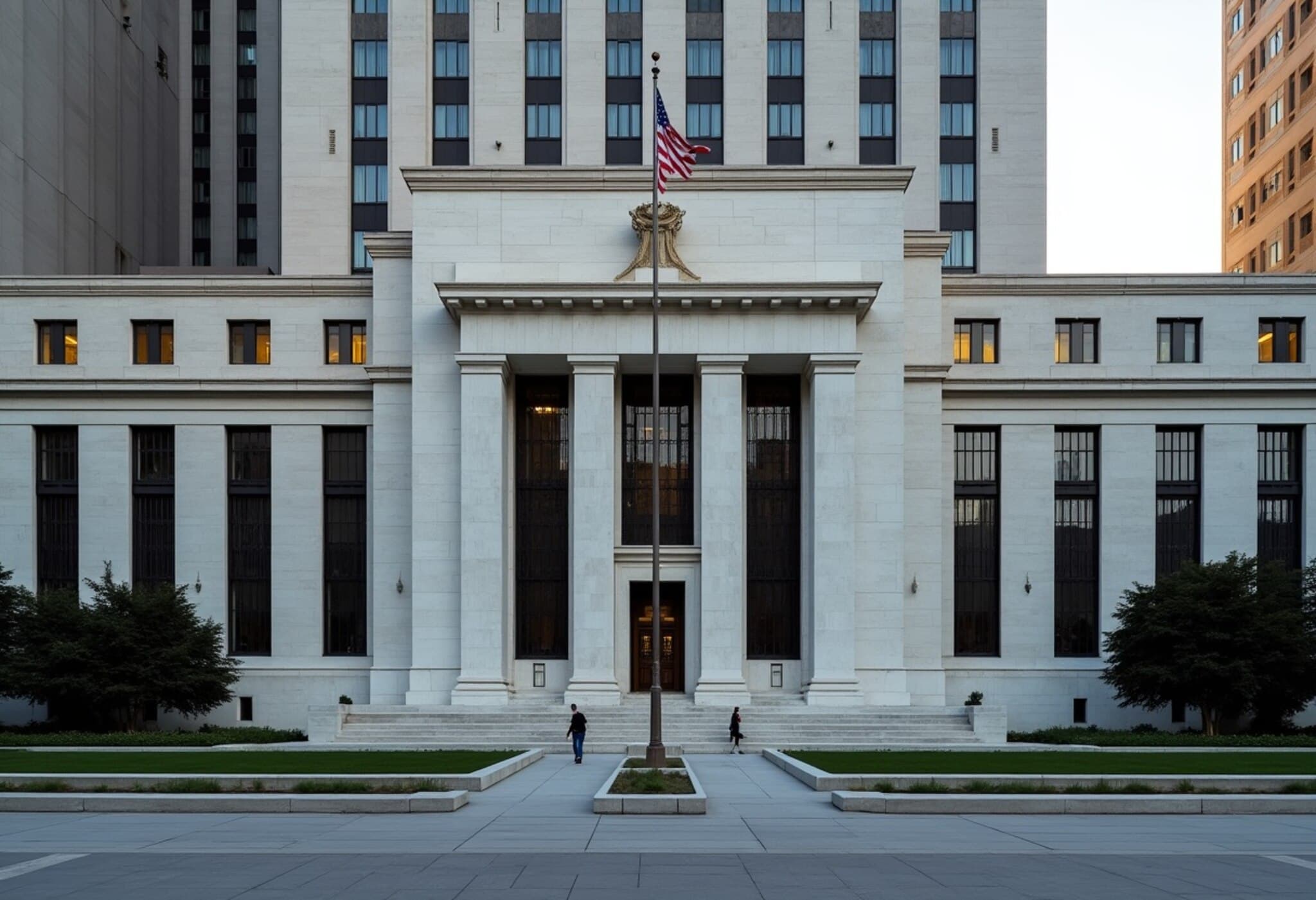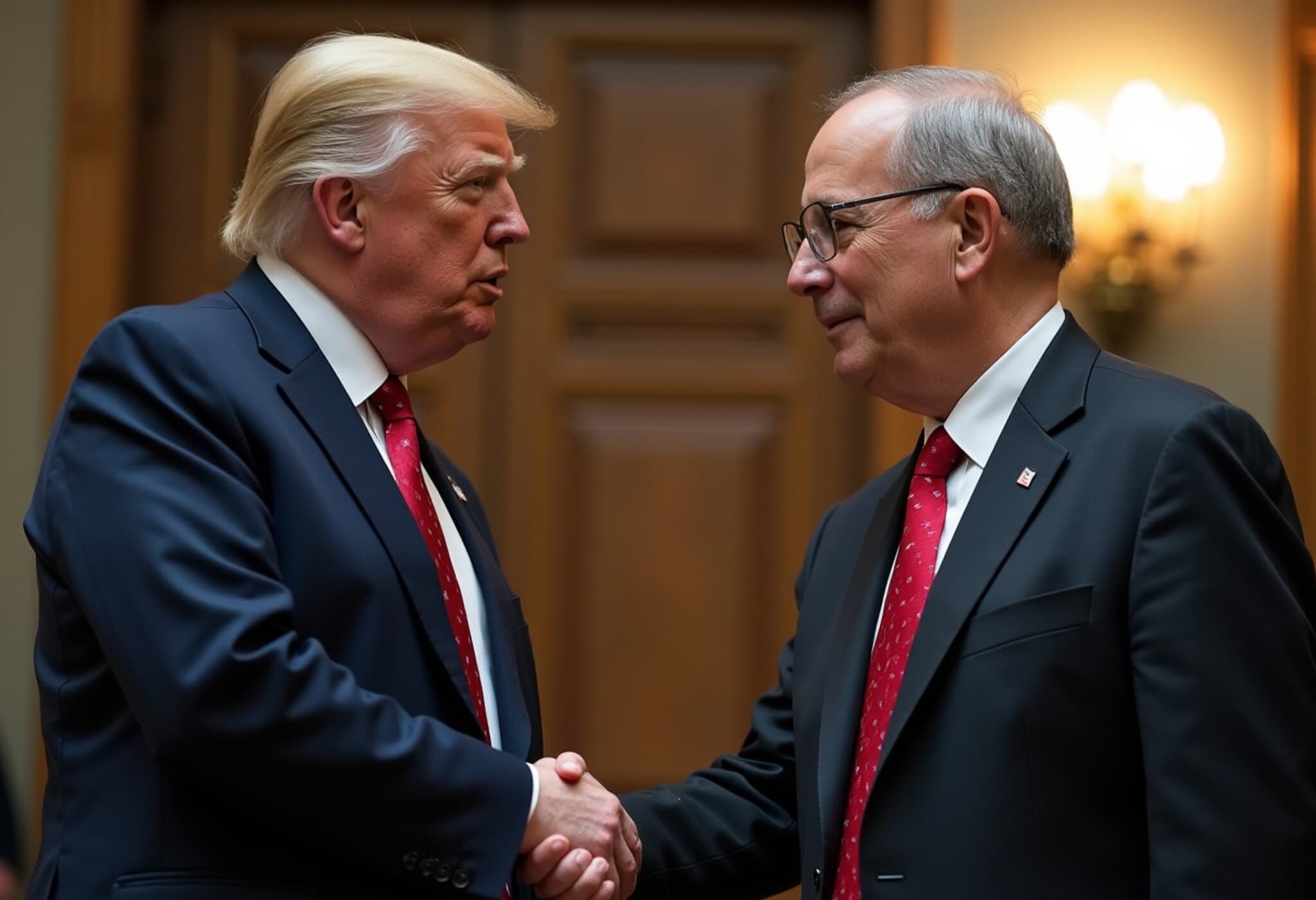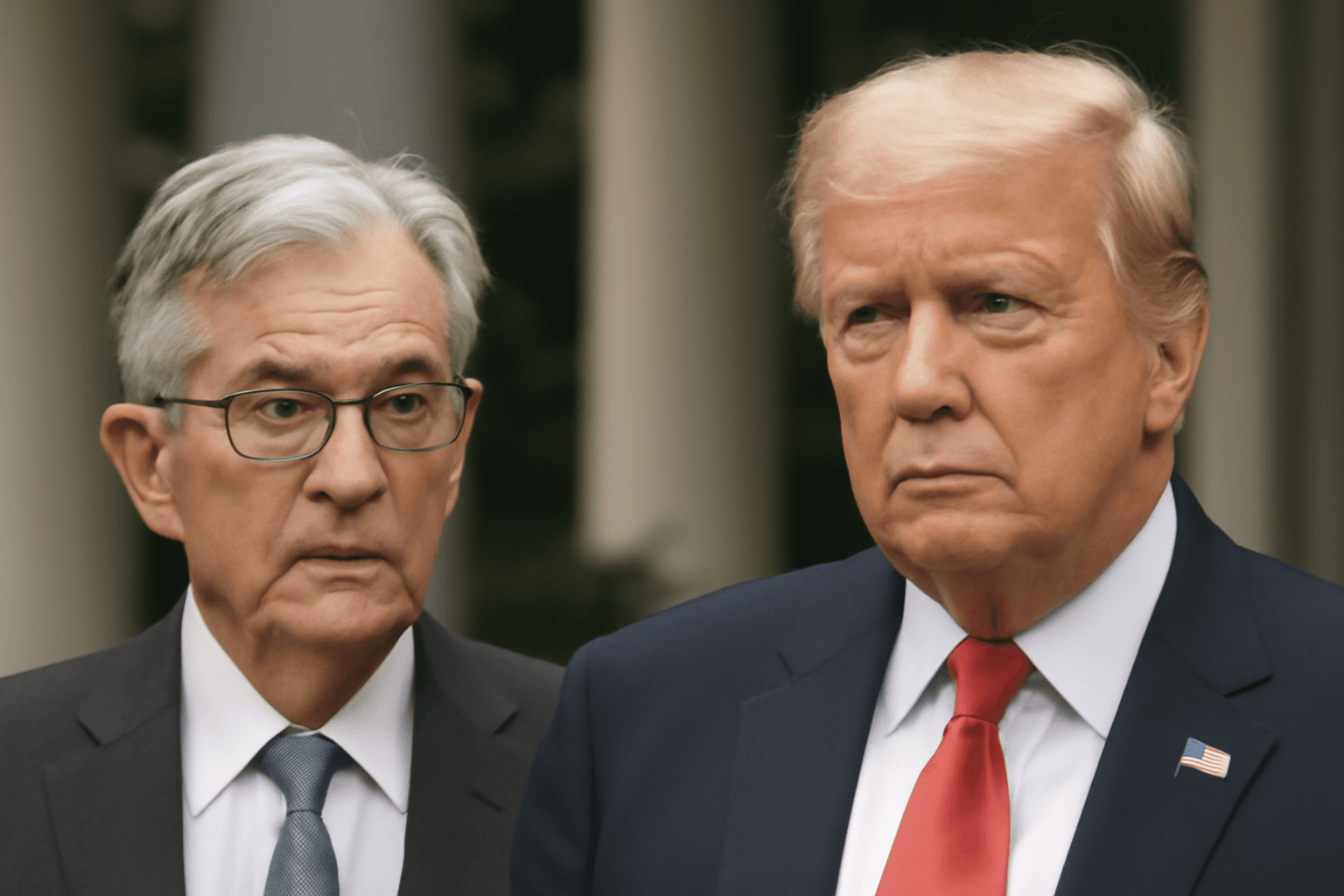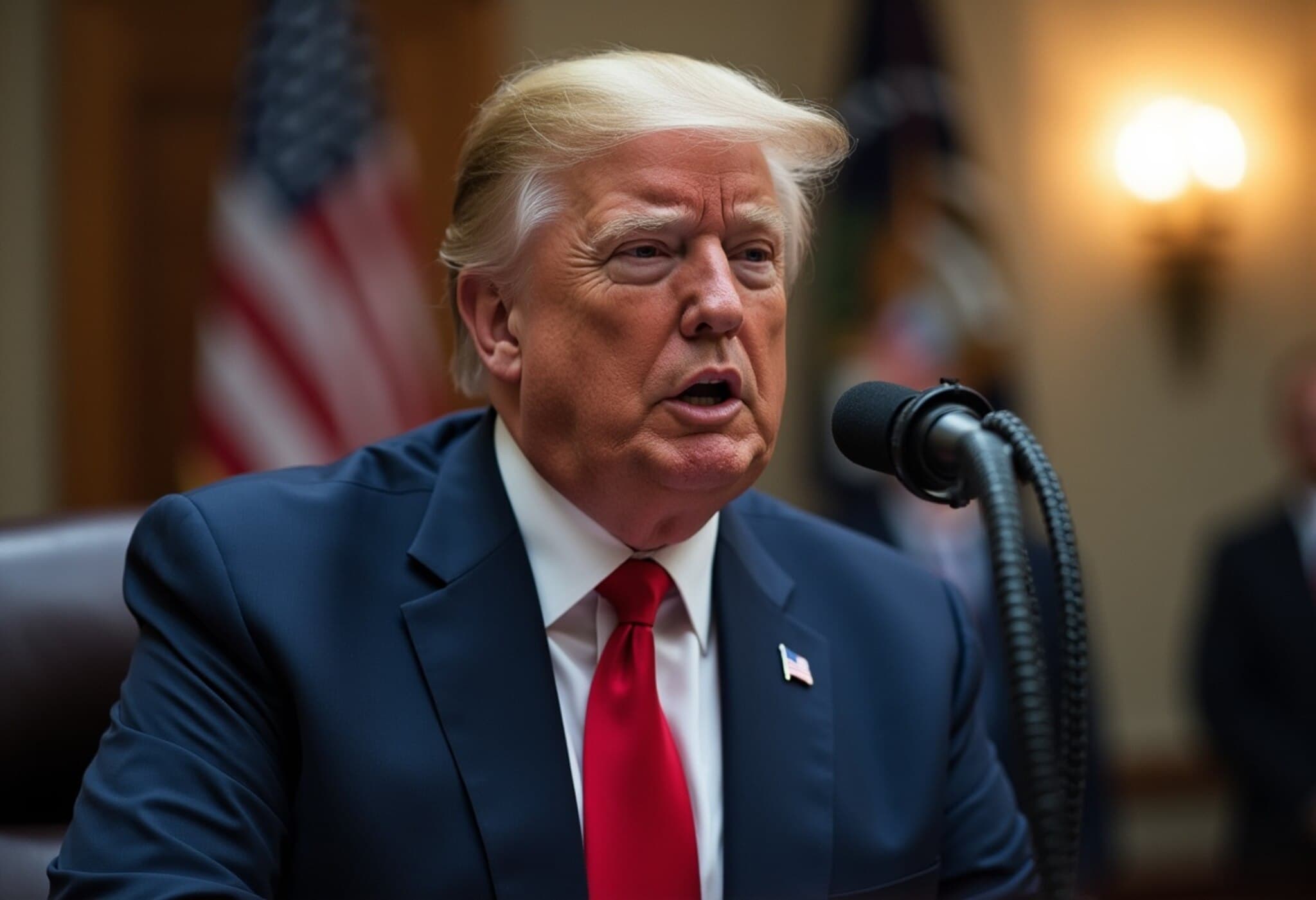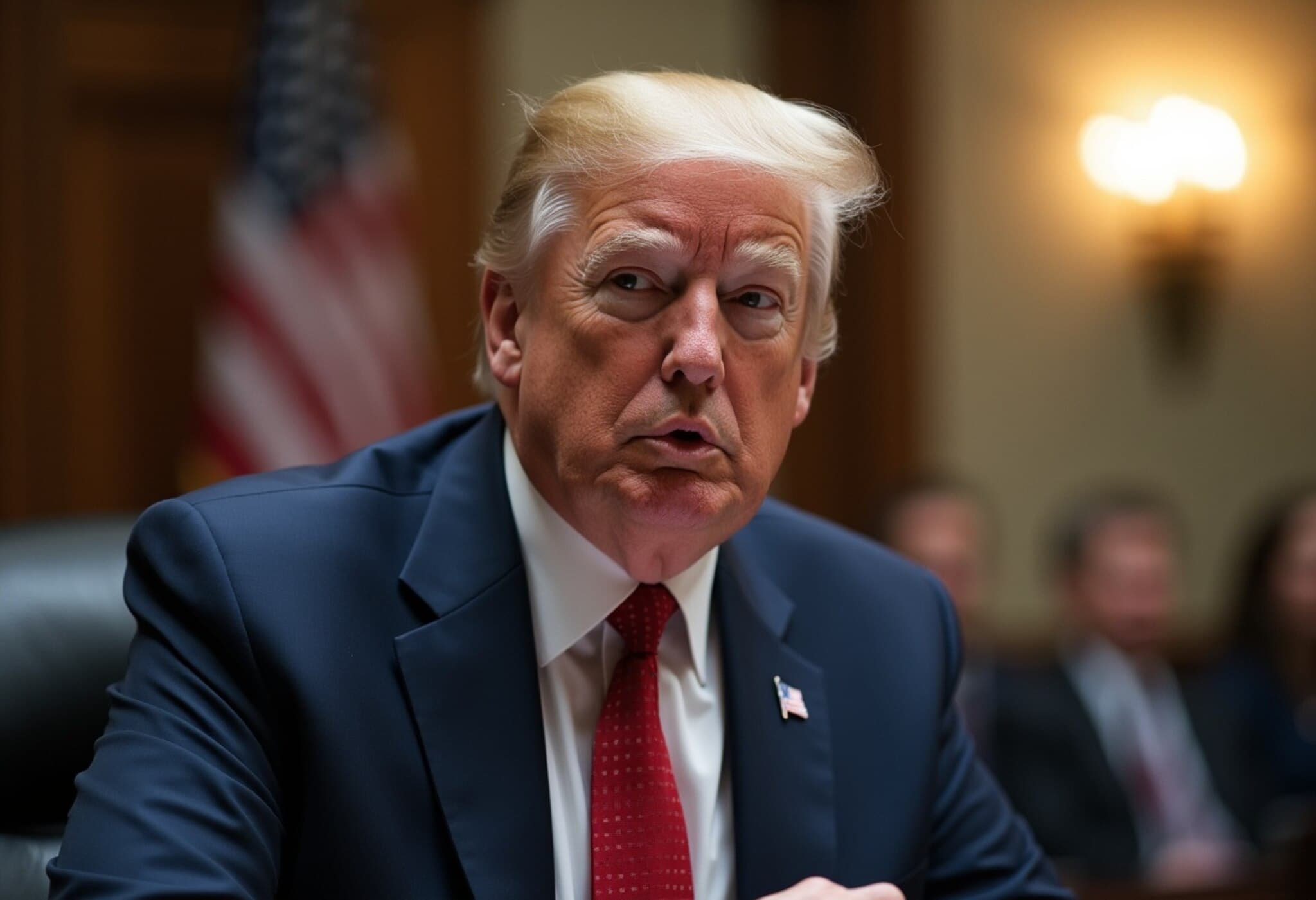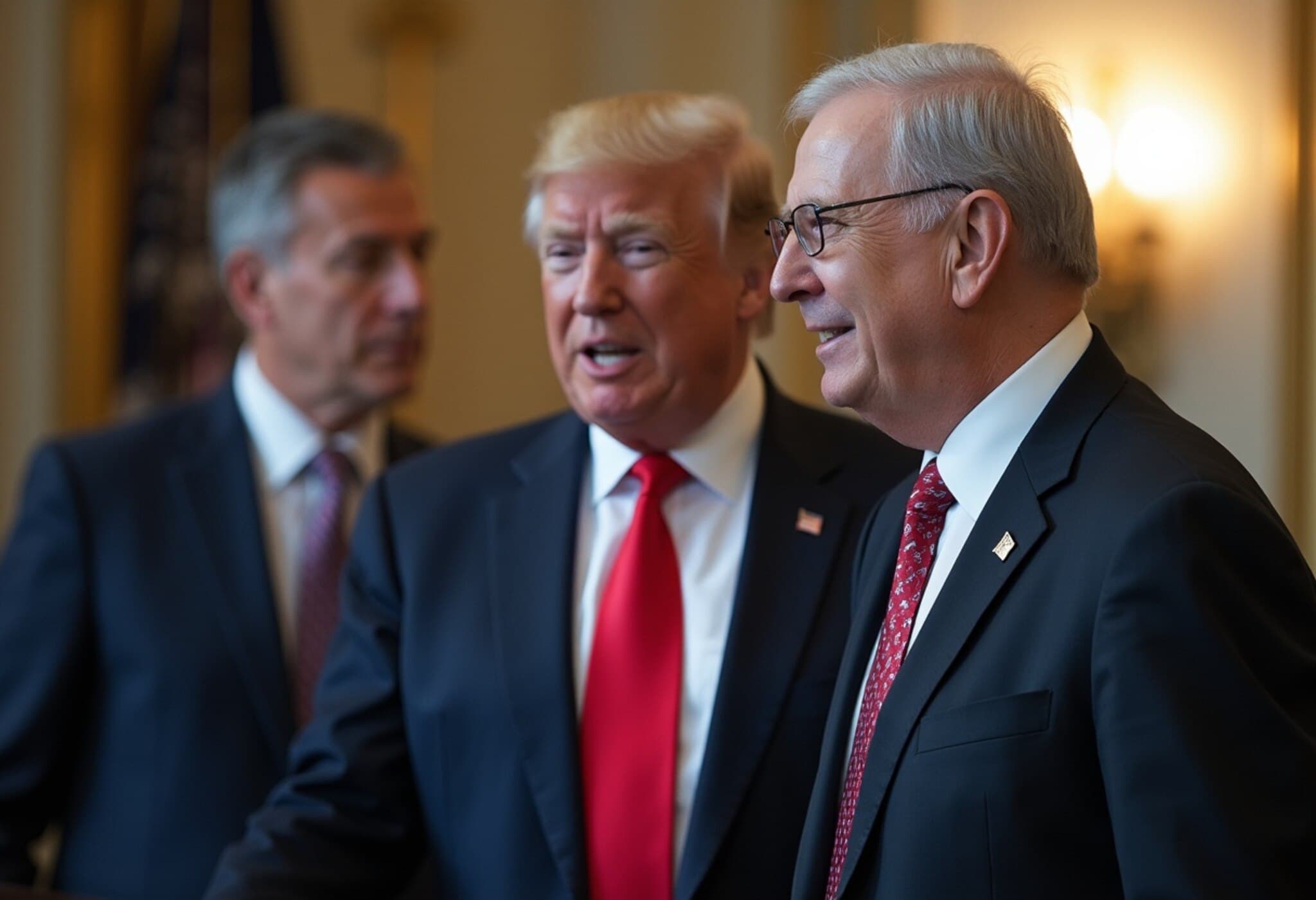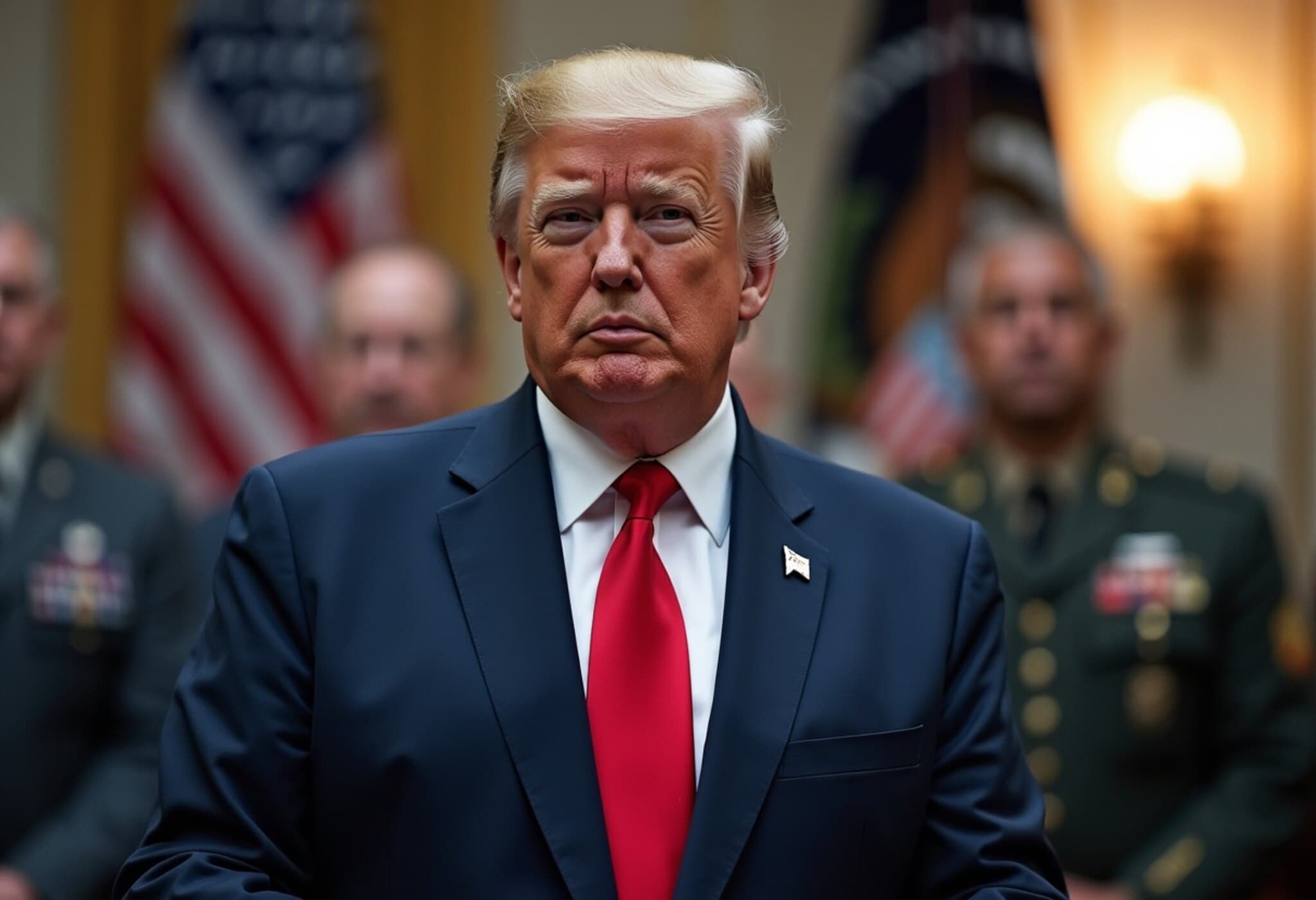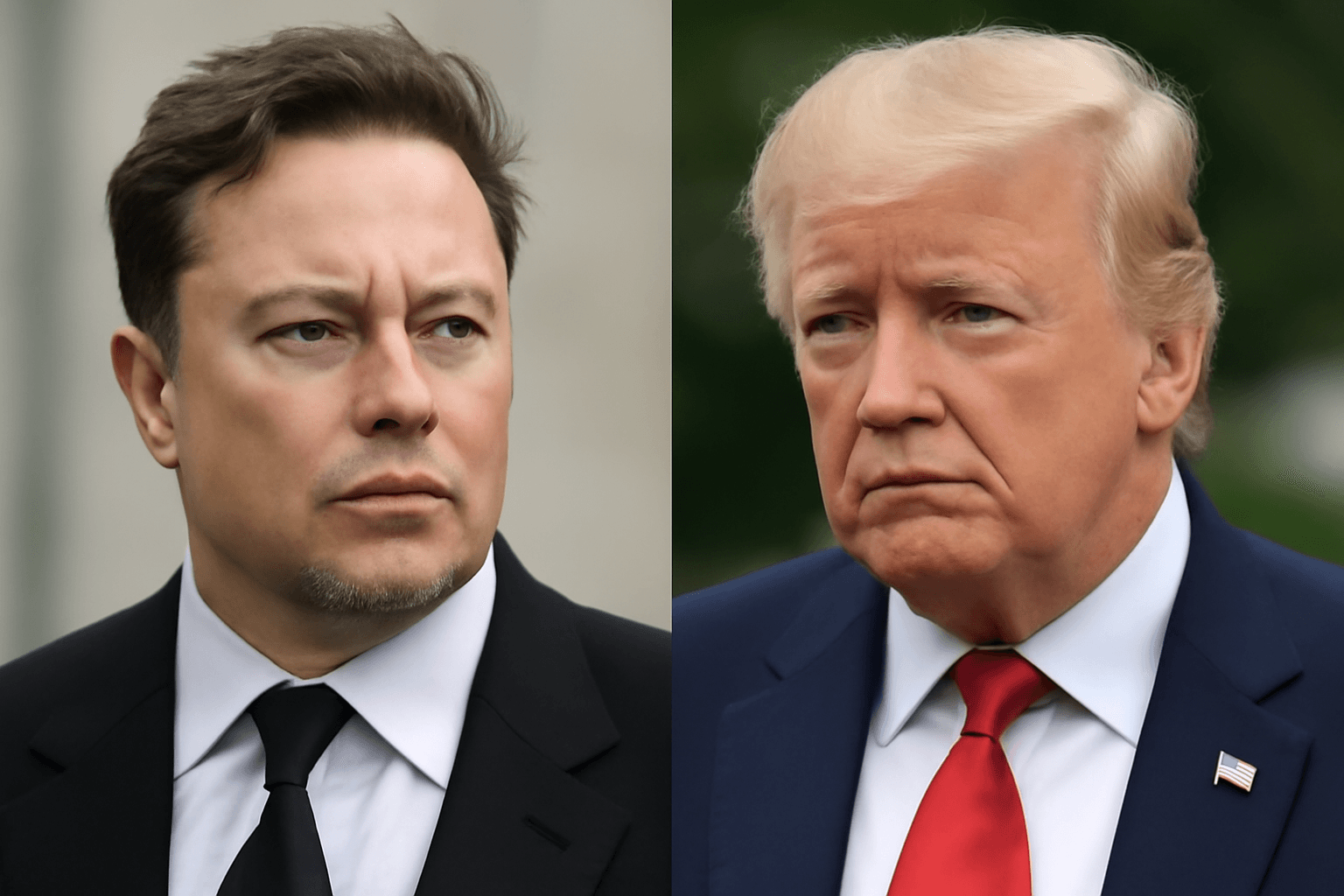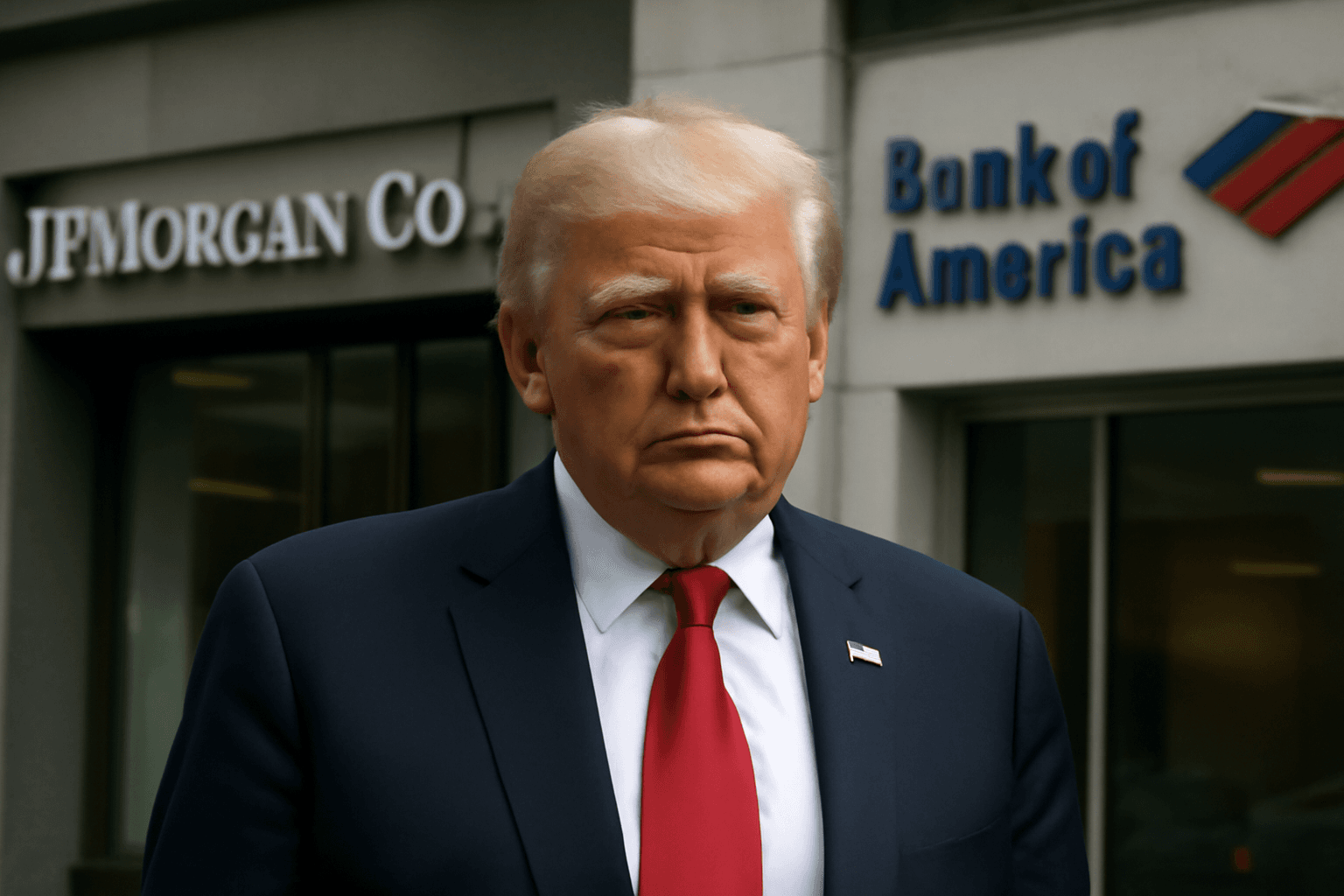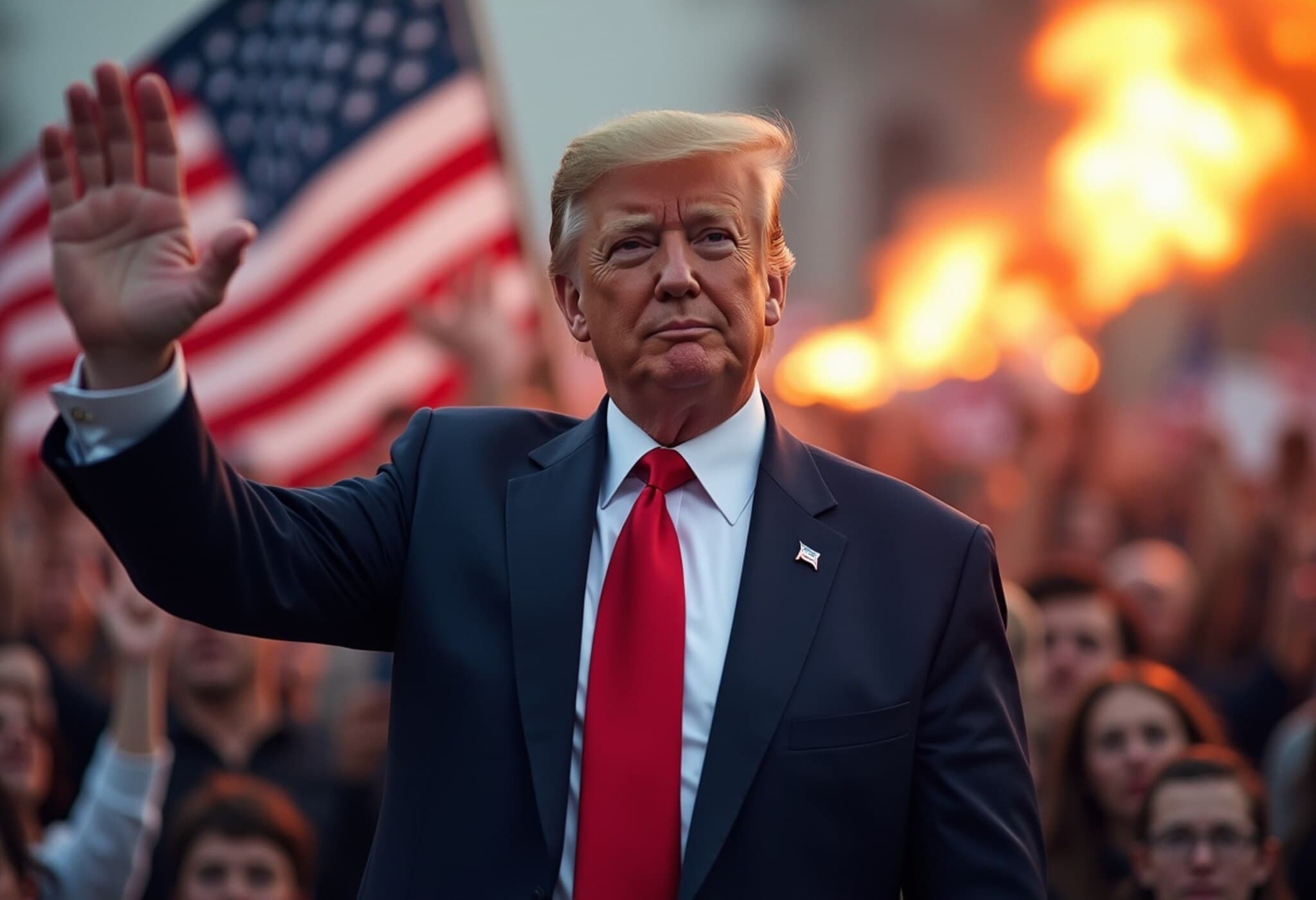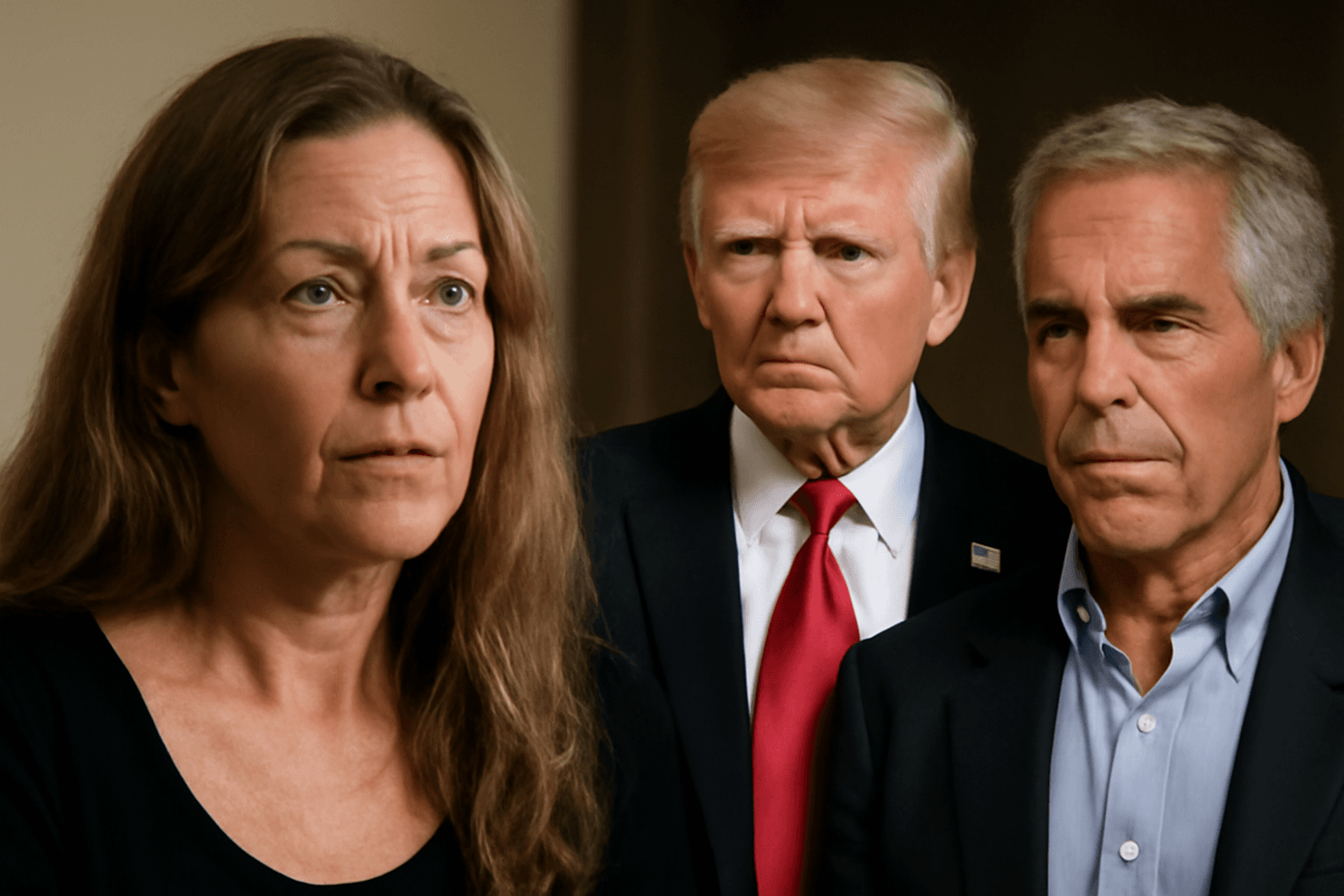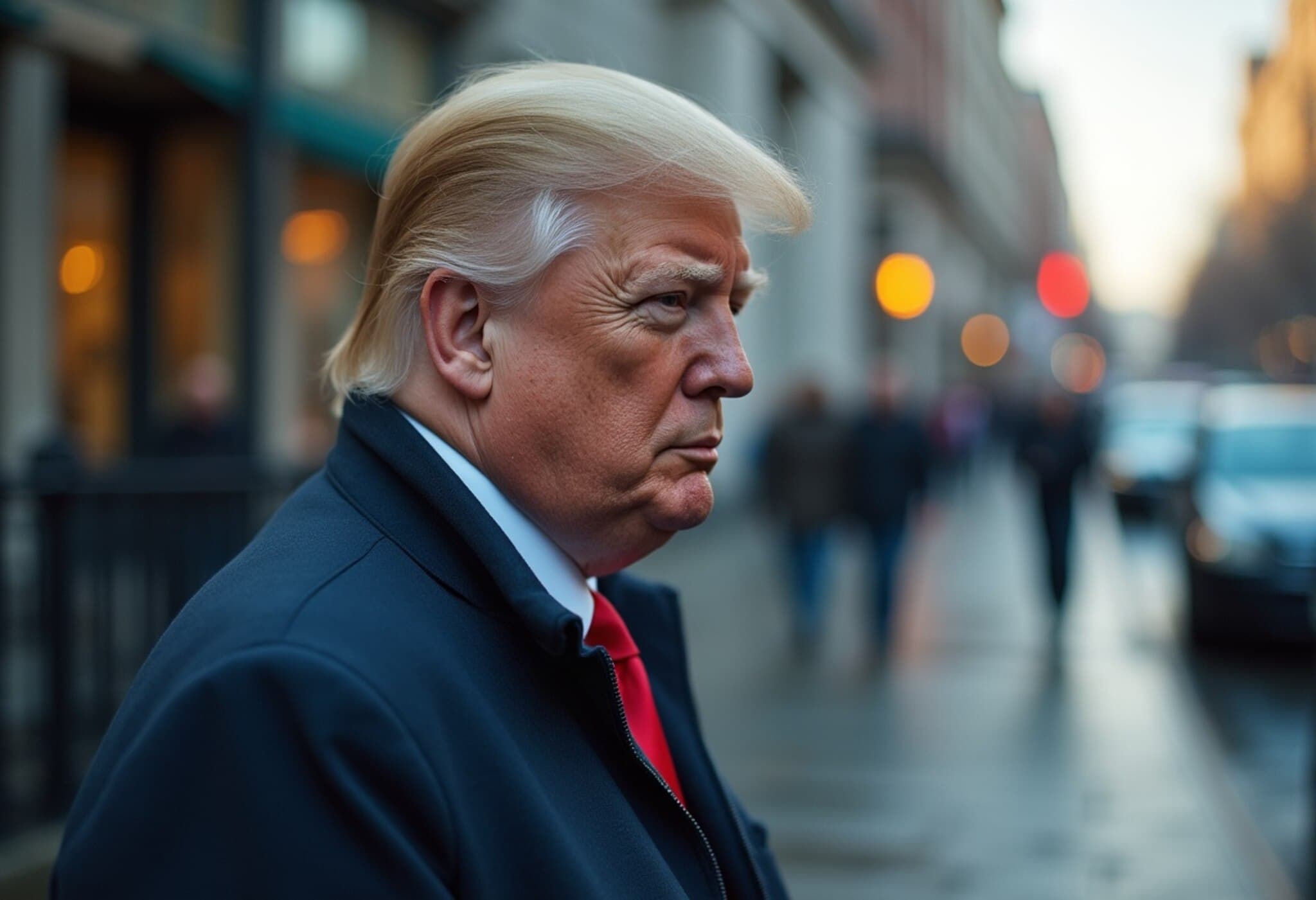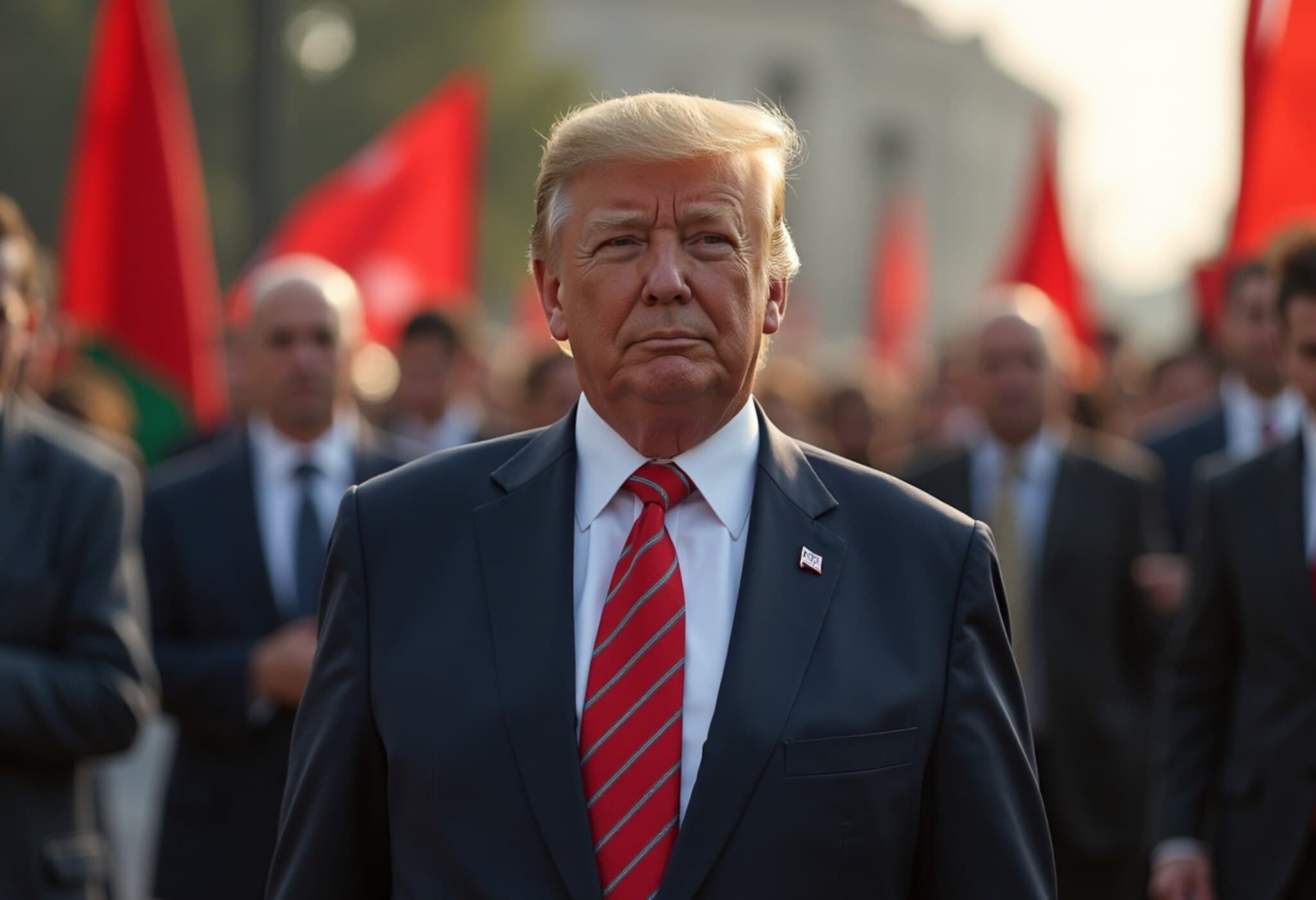Trump Reaffirms Commitment to Business Growth, Including Elon Musk's Companies
In a surprising turn amidst escalating tensions, former U.S. President Donald Trump publicly denied rumors that he intends to cut federal subsidies to Elon Musk's companies. This assurance comes weeks after Trump suggested that the Department of Government Efficiency—colloquially dubbed 'DOGE'—might scrutinize Musk’s businesses in a costly review.
Clarifying the Subsidy Controversy
On July 24, 2025, via his social media platform Truth Social, Trump dispelled speculation about undermining Musk’s financial support from the government. He stated emphatically, “Everyone is stating that I will destroy Elon’s companies by taking away some, if not all, of the large scale subsidies he receives from the US Government. This is not so!”
Trump emphasized his broader economic vision: “I want Elon, and all businesses within our country, to THRIVE, in fact, THRIVE like never before!” His message reflects a prioritization of fostering a robust American economy by supporting key innovators.
Background: A Public Clash Over Spending
The dispute traces back to Trump’s remarks about the government’s cost-cutting agency, DOGE, which Elon Musk helped establish. Trump hinted that DOGE could scrutinize Musk's subsidies to uncover potential savings, tweeting, “Elon may get more subsidy than any human being in history, by far. Perhaps we should have DOGE take a good, hard, look at this? BIG MONEY TO BE SAVED!!!”
In a blunt response, Musk urged, “I am literally saying CUT IT ALL. Now,” signaling a complicated relationship between Musk’s business interests and government fiscal policies. Musk has previously criticized Trump’s so-called “big, beautiful bill,” arguing it contradicts fiscal discipline efforts he champions.
Political Fallout and Broader Implications
The friction between the two influential figures expanded beyond subsidies. Musk recently launched the America Party, positioning it as a challenger to the entrenched two-party system, directly confronting Republican and Democratic dominance.
This move drew sharp criticism from Trump himself, who called the idea of a third party “ridiculous” and potentially confusing for voters. This political rift underscores the shifting alliances and tensions shaping America's evolving political and economic landscapes.
Expert Perspective: The Stakes for American Economy and Innovation
From an economic and policy standpoint, the dispute highlights critical questions about the role of government subsidies in nurturing technological innovation and economic growth. Elon Musk’s companies—ranging from electric vehicles to space exploration—have significantly benefited from federal incentives, reflecting a broader U.S. strategy to lead in cutting-edge industries.
However, public scrutiny over subsidies is intensifying amid calls for fiscal responsibility and transparency, especially from politicians like Trump focused on reducing government expenditures. Balancing support for innovation with prudent fiscal management remains a complex challenge for policymakers.
Regional and Policy Context
In the American context, subsidies to tech giants stir debates about market fairness and long-term economic resilience. While subsidies can catalyze disruptive technologies that create jobs and global leadership, critics worry about dependency and favoritism.
This debate feeds into ongoing discussions about industrial policy, regulatory oversight, and the future shape of the U.S. economy —a battleground where political influence, corporate power, and public interest intersect.
Conclusion: What Lies Ahead?
The evolving dynamics between Musk and Trump serve as a prism reflecting larger national conversations about government’s role in business. While Trump’s recent assurances aim to calm fears, the underlying tensions over subsidies, political realignment, and economic strategy suggest the story is far from settled.
This unfolding saga raises key questions for American policymakers and citizens alike: How should government balance fostering innovation and financial discipline? What does the rise of third-party movements mean for the U.S. political system? And how might tensions between powerful figures shape the country's economic future? As these debates continue, staying informed and critical remains essential.

